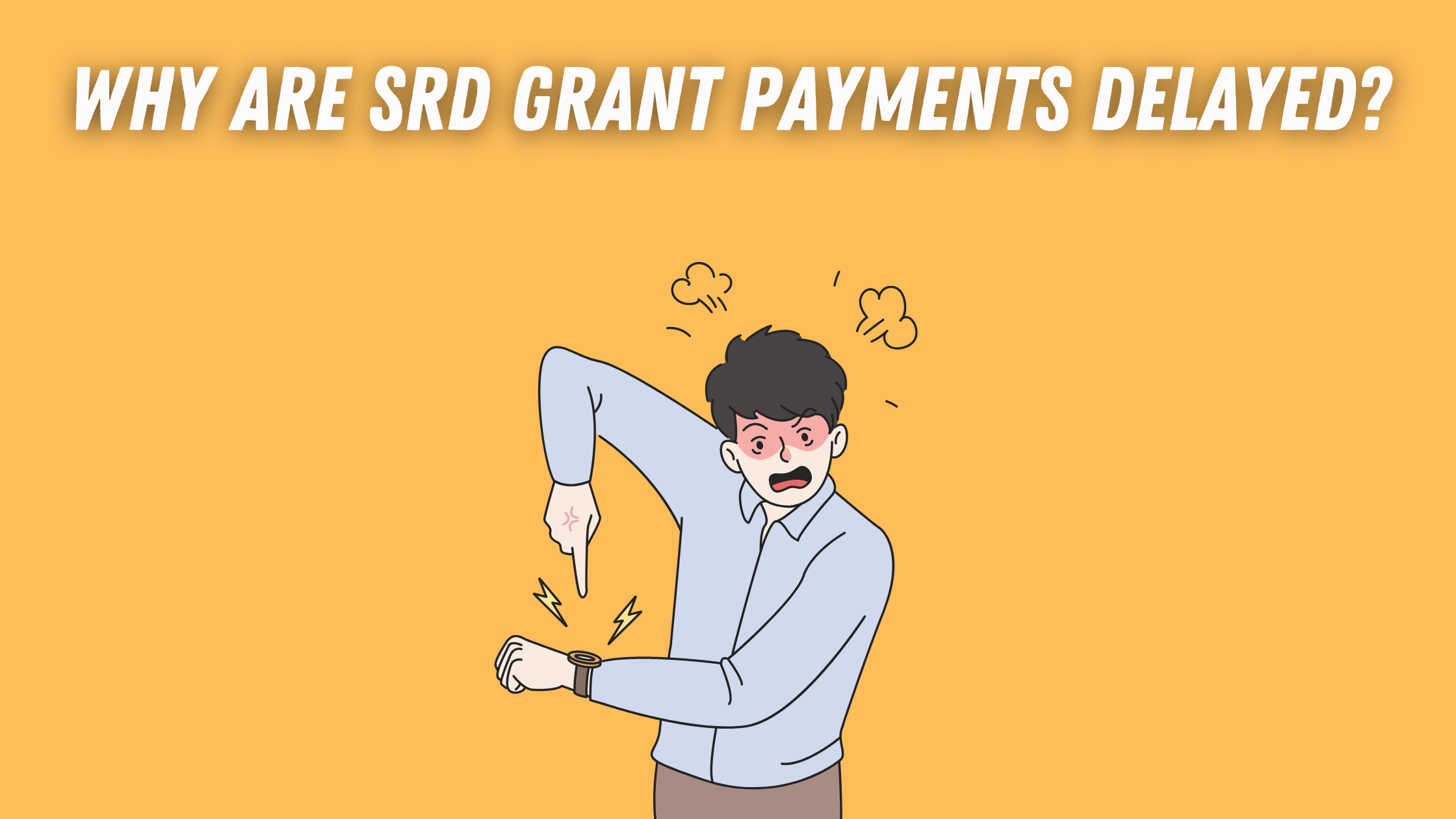Social Relief of Distress (SRD) grants come to the rescue for many South African natives, often serving as a financial lifeline. However, late payments of these grants can lead to additional hardships, complicating an already precarious situation.
This discusses the fundamentals of SRD grants, explores the possible factors that may cause delays in their payments and delves into the impacts that late payments have on the receivers. Moreover, it aims to provide potential solutions and recommendations to mitigate such delays, ultimately enhancing our understanding of this crucial aid system.
Delayed SRD Grant Payments Reasons
Delays in SRD grant payments can be due to several reasons. The most common reason is administrative bottlenecks within the distributing agencies. This is usually a result of an inefficient system, lack of staff, or simply an overwhelming number of applications that take longer to process. Under these circumstances, the ability for SASSA too pay on time becomes stagnant and delays follow.
It’s important to be familiar with the previously scheduled payment dates to be aware of when funds should be released.
Processing Errors
Processing errors like incorrect applicant information, missing documents, or incomplete forms can also result in delays. These mistakes commonly occur because of misunderstandings or lack of clarity regarding the application’s requirements. As a result, the applications need to be returned to the applicants for corrections, further extending the payment timeline.
Technical Glitches
Technical glitches in the system that supports the administrative work can also lead to late payment of SRD grants. This could be anything from server downtimes, bugs in the software, or even susceptibility to hacks and cyber attacks. These glitches often interrupt the flow of work, leading to delays and, in some cases, loss of data.
Fund Disbursement Issues
Late SRD grant payments can also stem from issues with fund disbursement to your bank. This could be a result of in incorrect banking details, difficulty verifying your account info, or a change in benefits status.
Impact of Late SRD Grant Payments
The late payment of SRD grants often strains the already difficult economic circumstances faced by low-income recipients. For these individuals, the grants are often their financial lifeline, meeting their basic needs from food to housing. A delay can trigger a financial domino effect, leaving them scrambling to meet these fundamental requirements.
Effects on Health with Late SRD Grant Payments
Delay in payments of SRD grants also impacts the health of the recipients. Many rely on this grant to cover their healthcare costs, especially those who are disabled, elderly or grappling with chronic illness. When grant support is late, they may have to forego much-needed prescriptions, medical appointments or therapies.
Late SRD Grant Payments and Impact on Lifestyle
The late payment of SRD grants has a profound impact on the lifestyle of beneficiaries. Opportunities for recreation, personal development, hobbies or even simply spending time with friends can become unaffordable luxury. Unscheduled delays can upend people’s lifestyle choices and impose financial stress that hampers their daily life.
Solutions and Recommendations
The administration of Social Relief of Distress (SRD) grants can prove to be a convoluted procedure at times. Delayed payments are frequently the outcome of administrative inaccuracies. These can take the form of miscommunication between departments, mishandled or lost paperwork, and mistakes in processing transactions. Such glitches highlight the critical necessity for an organized, streamlined system that can ensure prompt and accurate distribution of SRD grants.
Government Policy Changes
In certain circumstances, government policy changes may influence the timing of SRD grant payment. Changes in fiscal policy, for instance, may delay payments as they can interrupt the normal cash flow. To address this issue, calling for a more stable and predictable government fiscal policy could potentially be part of the solution.
Recipients’ Survival Guide in Case of Late Payments
In case of late SRD grant payments, recipients must adapt and learn to navigate their way through the challenges these delays present. They may benefit by reaching out directly to the managing authorities and seeking clarifications or updates about their grant status, allowing them to plan and adjust their financial strategies accordingly. Moreover, they could also learn about their rights to file grievances or appeals in case of consistent delays, in order to safeguard their interests.
Technological Solutions
Incorporating technological solutions, such as automated systems for application processing, could also mitigate the issues associated with late payments. Monumentally reducing the likelihood of human error, automating the grant payment process could speed up transactions, thereby minimizing the occurrence of delays. However, this proposition requires careful consideration of factors such as cost, feasibility, and the potential disruption to existing systems and processes.
The South African government has made some positive changes through the Moya app
In Conclusion
Managing and improving the timely payment of SRD grants is crucial to uphold the livelihood and welfare of recipients. This requires a multifaceted approach, involving better administrative management, government interventions, and policy adjustments. Plus, technological advancements can potentially offer promising solutions to this persisting problem.
Delayed SRD grants not only impact the financial health of the recipients but also have broader implications on their overall wellbeing and lifestyle. It thus becomes pivotal to investigate the underlying factors leading to these delays and propose effective measures to curb such issues. An efficient and timely aid system can be life-changing for many individuals and families in distress.


